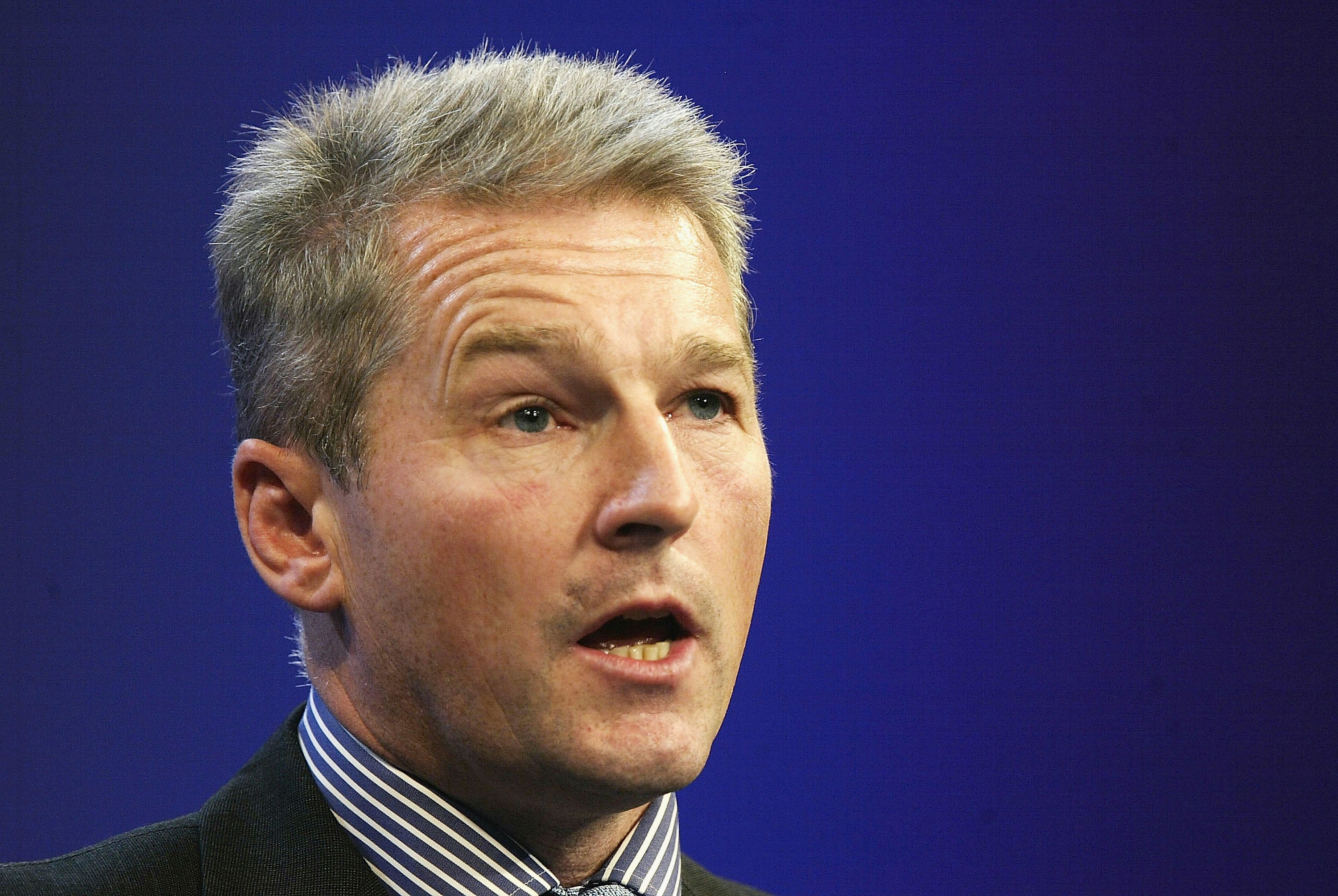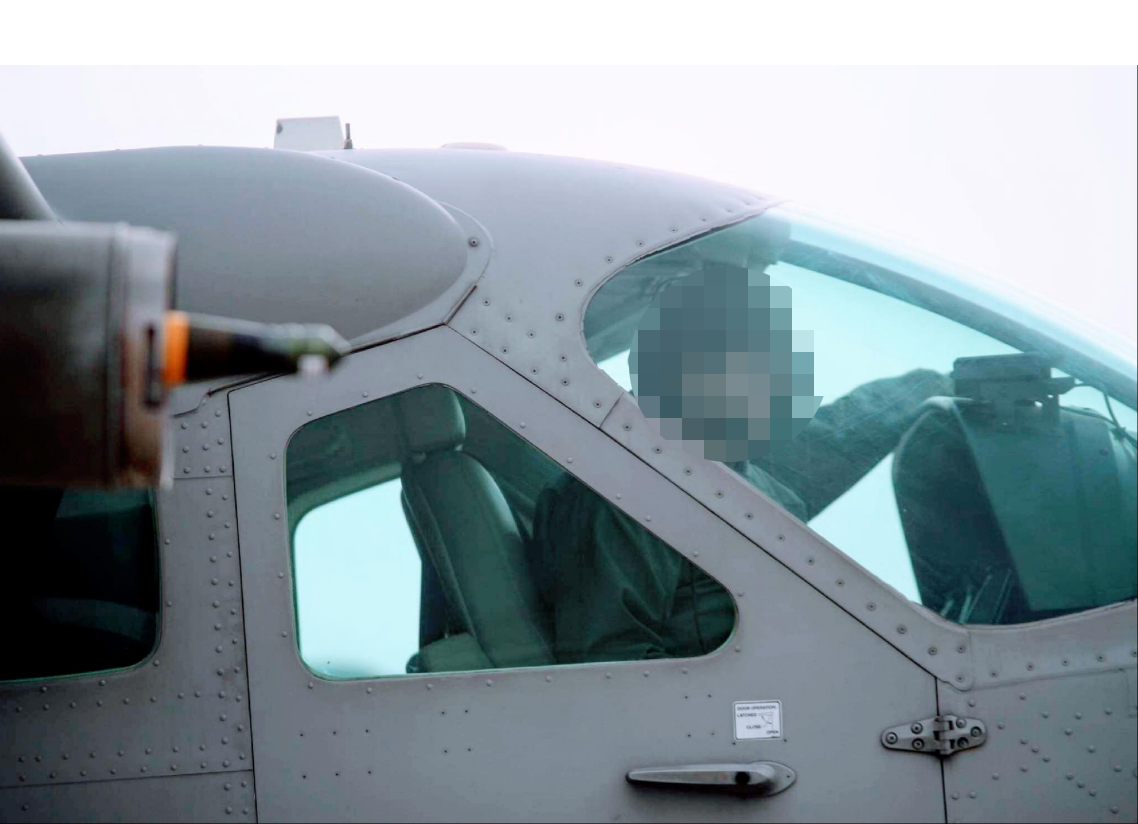‘It should never have come to this’: Iraq war hero backs our call to stop deportation of brave Afghan pilot
Exclusive: Colonel Tim Collins calls for ‘swift action’ on Afghan pilot’s asylum case

Your support helps us to tell the story
From reproductive rights to climate change to Big Tech, The Independent is on the ground when the story is developing. Whether it's investigating the financials of Elon Musk's pro-Trump PAC or producing our latest documentary, 'The A Word', which shines a light on the American women fighting for reproductive rights, we know how important it is to parse out the facts from the messaging.
At such a critical moment in US history, we need reporters on the ground. Your donation allows us to keep sending journalists to speak to both sides of the story.
The Independent is trusted by Americans across the entire political spectrum. And unlike many other quality news outlets, we choose not to lock Americans out of our reporting and analysis with paywalls. We believe quality journalism should be available to everyone, paid for by those who can afford it.
Your support makes all the difference.Iraq war veteran Colonel Tim Collins has backed The Independent’s campaign to stop the deportation of an Afghan war hero, saying the UK owes a “duty of loyalty to our allies”.
Col Collins, famed for the speech he gave his battalion on the eve of war in 2003, said the plight of the Afghan pilot, who has been threatened with removal to Rwanda “should never have come to this”.
He joins more than 20 senior military chiefs and politicians who have supported our campaign calling on the government to give asylum to an Afghan pilot who arrived in the UK on a small boat.
The retired British army officer said he was pleased to offer his “fullest support” to the campaign.
“We owe a duty of loyalty to our allies. It should never have come to this,” he said.
He also urged ministers to act swiftly in deciding the man’s case. “What better way to illustrate their ‘safe and legal’ solution to the boats issue than demonstrating swift and positive – and just – action in this case,” he said.
Col Collins is best known for his inspirational speech, reported around the world, which he gave just before soldiers under his command went into battle in Iraq in 2003.
He told them: “We go to liberate, not to conquer ... if you are ferocious in battle remember to be magnanimous in victory.”
The Afghan pilot said he was forced to take the dangerous journey across the Channel to the UK because of a lack of safe and legal routes to the country.

After the Taliban’s takeover of Afghanistan, the addresses and telephone numbers of Afghan Air Force pilots were left behind in their offices, leaving them at risk of attack. The pilot was forced into hiding and, after months of waiting for help that never materialised, he fled to the UK.
He said: “There wasn’t any specific safe or legal route or some specific website for us to use. It was impossible in Afghanistan, it is completely impossible.”
The government’s general resettlement scheme for at-risk Afghans, the Afghan Citizens Resettlement Scheme, has only brought 22 people to the UK since the initial evacuation, according to government figures.

There is no way to directly apply for the scheme and Afghan refugees have to be referred by the United Nations Human Rights Council (UNHCR). But it is not possible to register with the UNHCR while in Afghanistan, and Afghans have to seek help in neighbouring countries.
The resettlement scheme run by the Ministry of Defence, for those who worked for or with British armed forces in Afghanistan is very narrow. Data shows the Afghan Relocation and Assistance Policy scheme (Arap) has rejected 18,946 Afghans, while just 3,399 have been accepted.
Afghans who served alongside the British forces and some who worked directly for the Army are among those to have been rejected. They include members of the Afghan Territorial Force 444, known as “the 444s”, a unit created, trained and funded by the British Army but employed by the Afghan Ministry of Interior.
Charities have warned that the lack of safe routes to the UK is contributing to the rising number of Afghans who are crossing the Channel on small boats.
Afghans were the highest nationality crossing the Channel in the first three months of 2023 – with 909 people making the journey.



Join our commenting forum
Join thought-provoking conversations, follow other Independent readers and see their replies
Comments